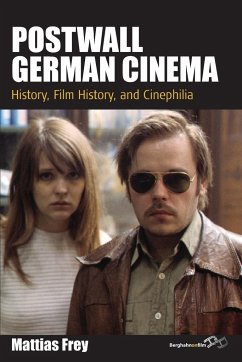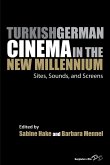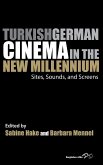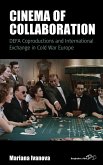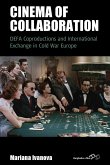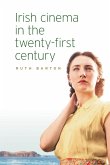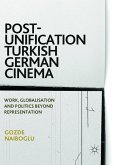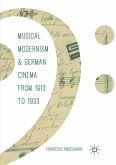"...a highly inspirational and very readable book." · H-Soz-u-Kult "...his highly original contribution to historiography reconsiders the "historical turn" in recent German cinema, framing it as also indicative of a cinephilic reworking of the history of the cinema, effectively remediating previous filmic representations of history." · Seminar: A Journal of Germanic Studies "This book will make an important contribution to the growing body of literature on contemporary German film. ... The discussion of Das Wunder von Bern, Baader and Die Unberührbare in particular stand out." · Paul Cooke, University of Leeds Since the fall of the Berlin Wall, there has been a proliferation of German historical films. These productions have earned prestigious awards and scored at box offices both at home and abroad, where they count among the most popular German films of all time. Suddenly, however, a significant departure has been made from the country's prominent cinematic take on history: the radical style, content, and politics of the New German Cinema. With in-depth analyses of the major trends and films, this book represents a comprehensive assessment of the historical film in postwall Germany. Challenging previous paradigms, it takes account of a postwall cinema of retro-flection as a complex engagement with various historiographical forms and, above all, with film history itself. Mattias Frey is Senior Lecturer in Film Studies at the University of Kent. His research revolves around German and Austrian cinema, historiography, matters of media reception and consumption, the history of classical and contemporary film theory, movie criticism, and cinephilia. His work appears in Cinema Journal, Screen, New German Critique, Quarterly Review of Film & Video, Framework, Film International, and Senses of Cinema, as well as numerous anthologies and reference works. He is the co-editor of Cine-Ethics: Ethical Dimensions of Film Theory, Practice, and Spectatorship.
Hinweis: Dieser Artikel kann nur an eine deutsche Lieferadresse ausgeliefert werden.
Hinweis: Dieser Artikel kann nur an eine deutsche Lieferadresse ausgeliefert werden.

